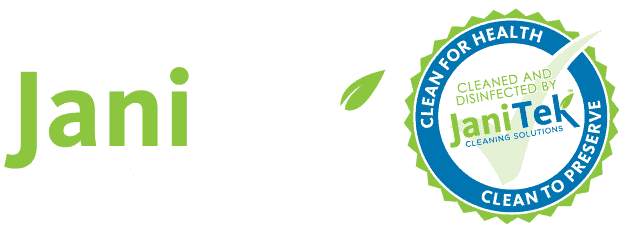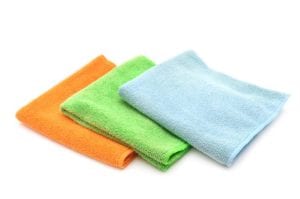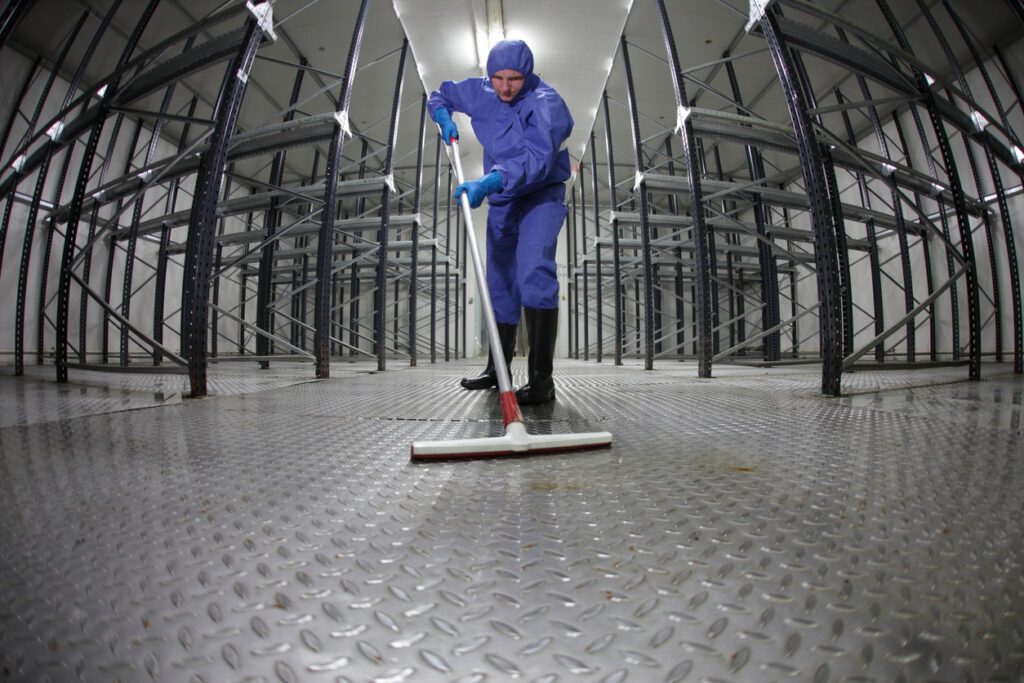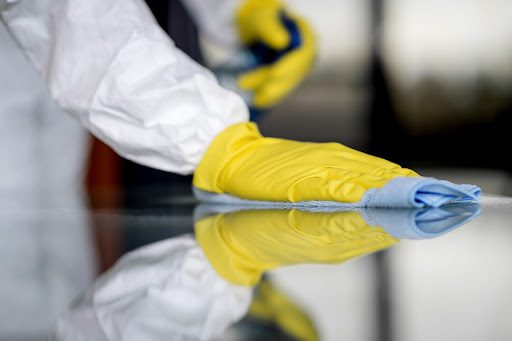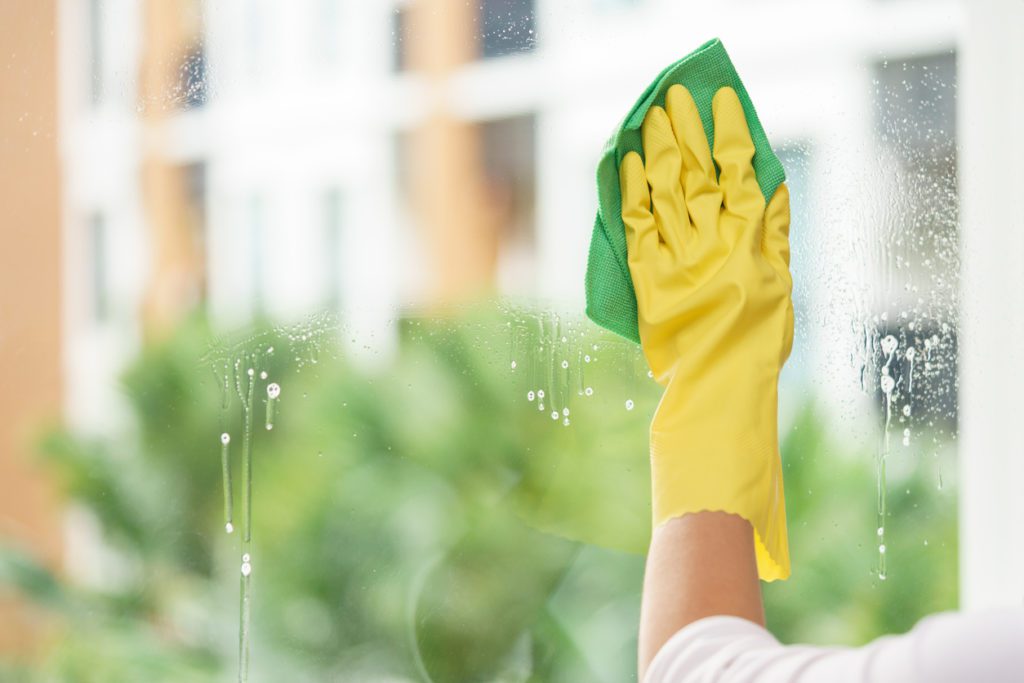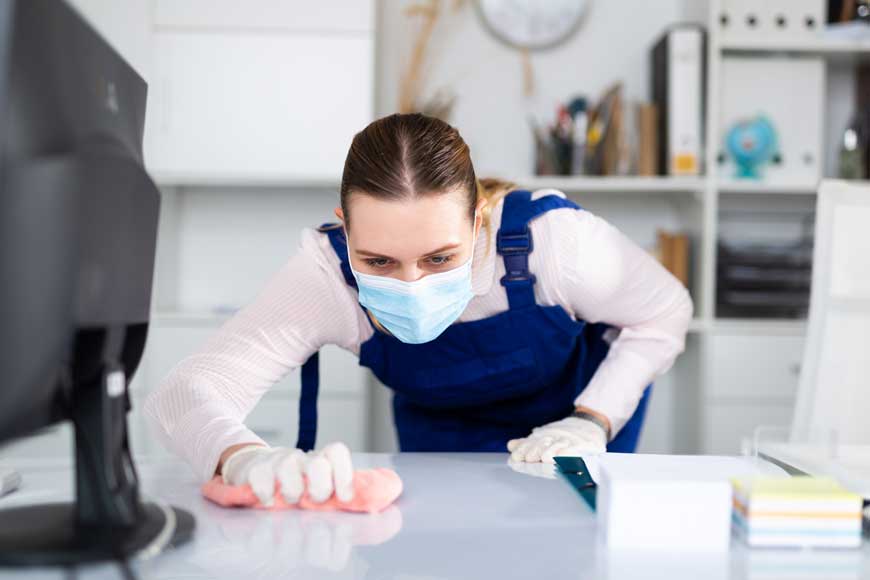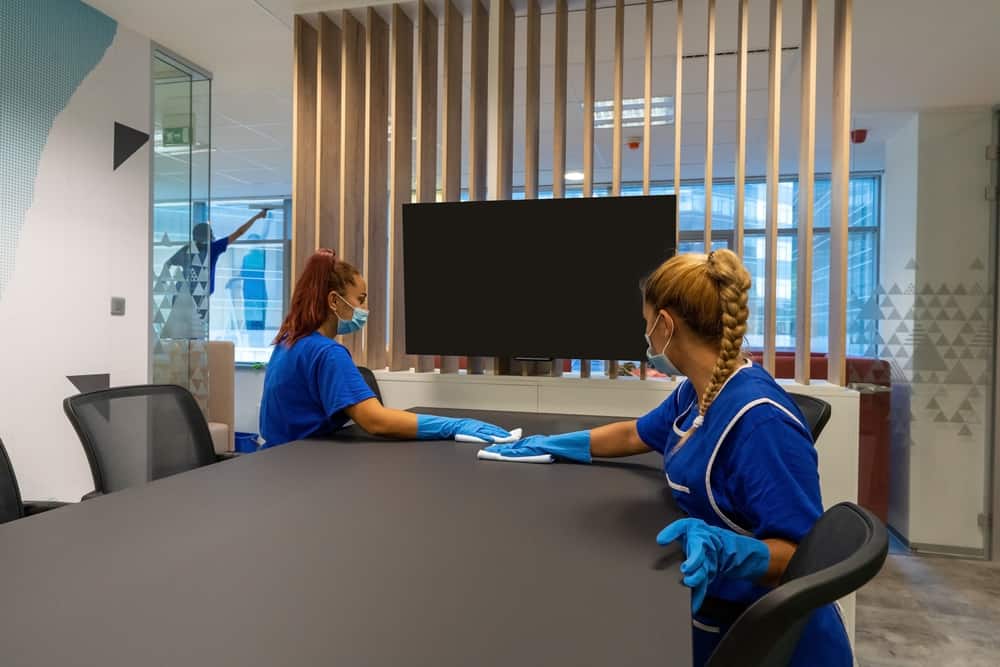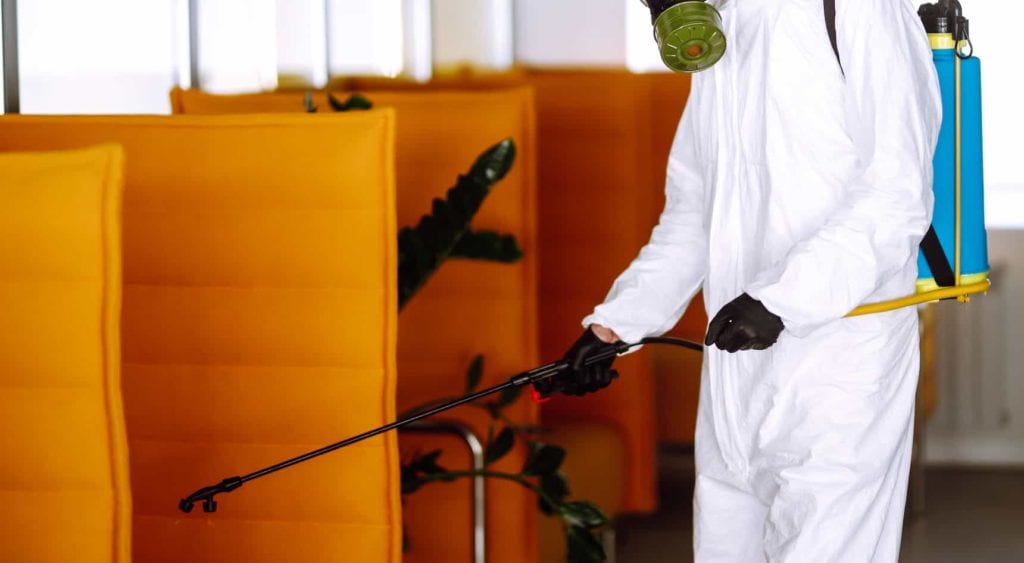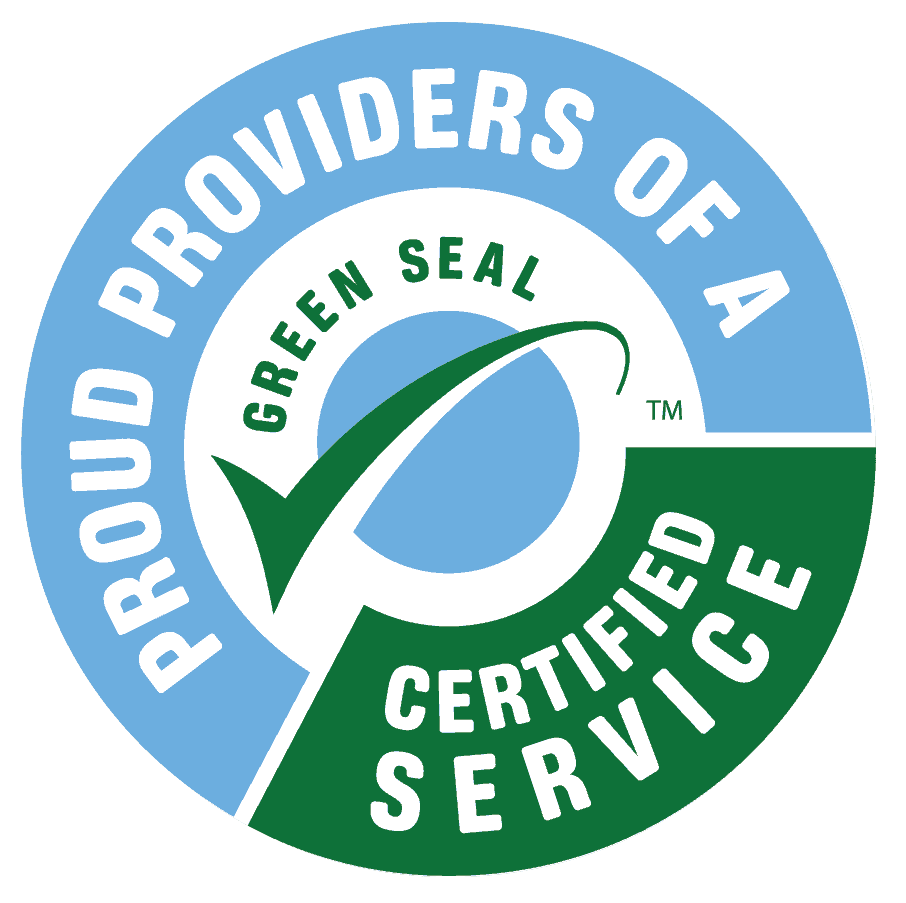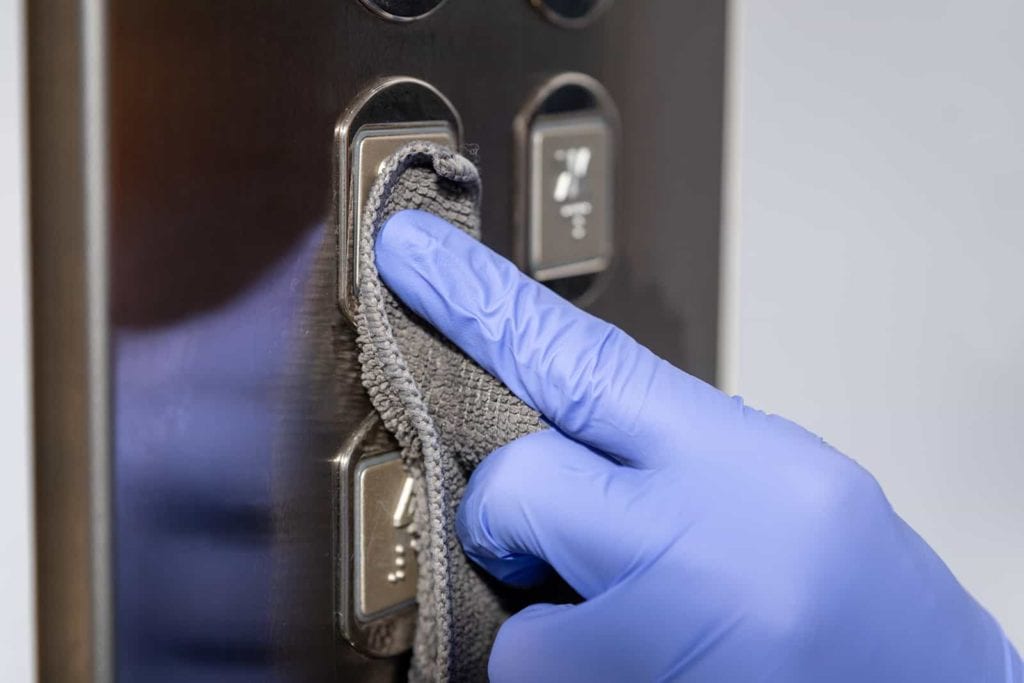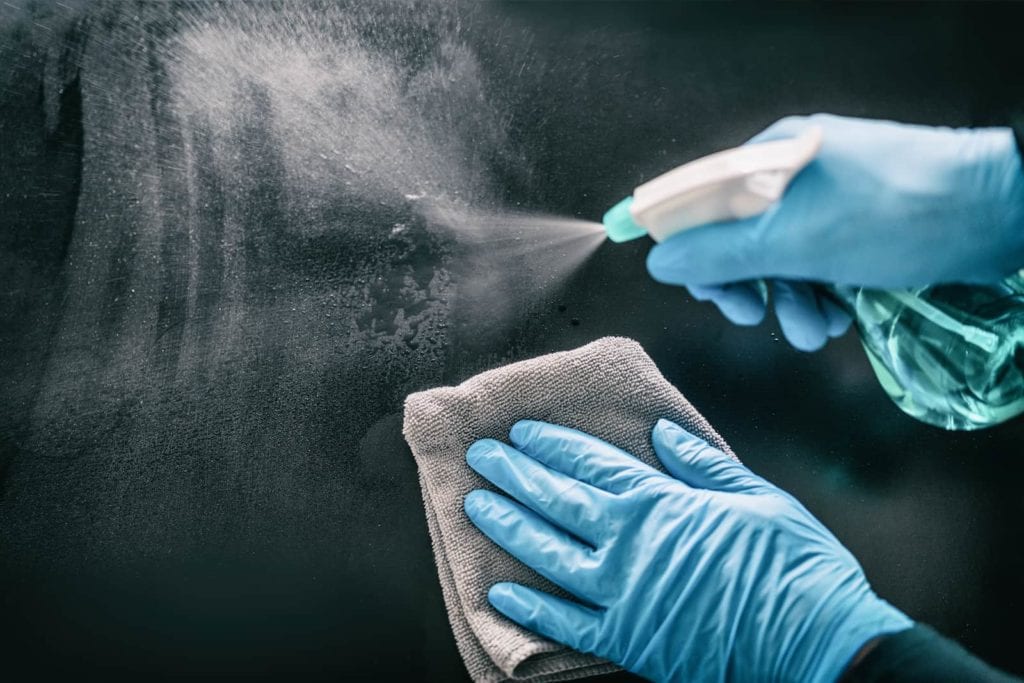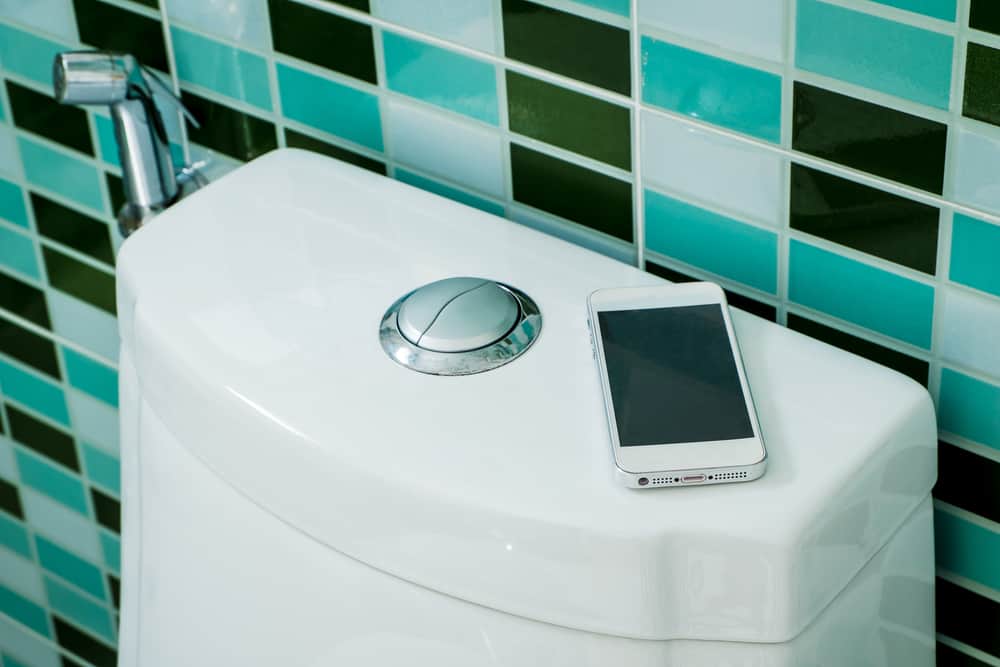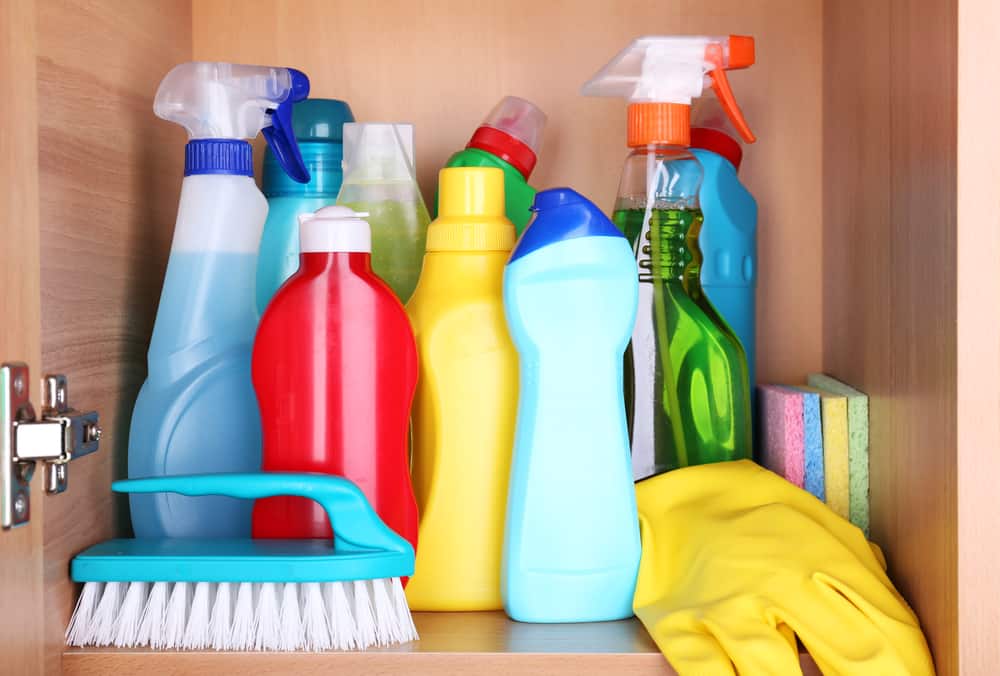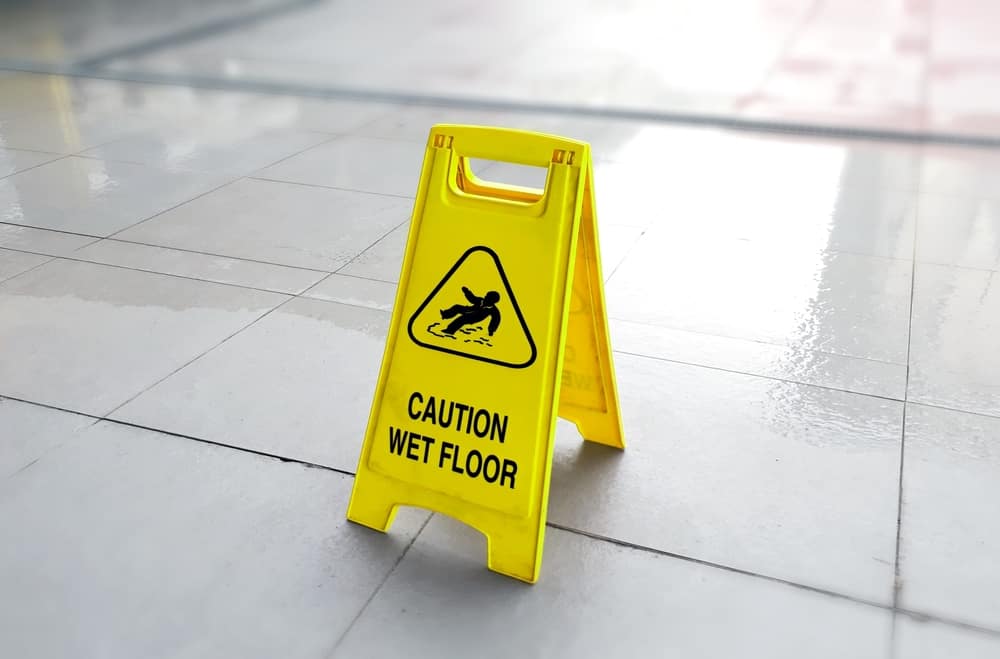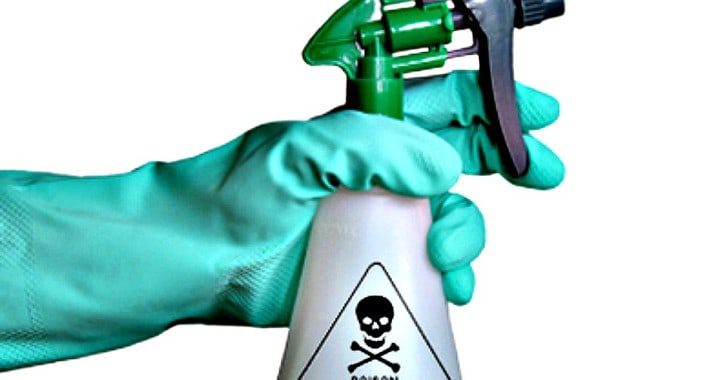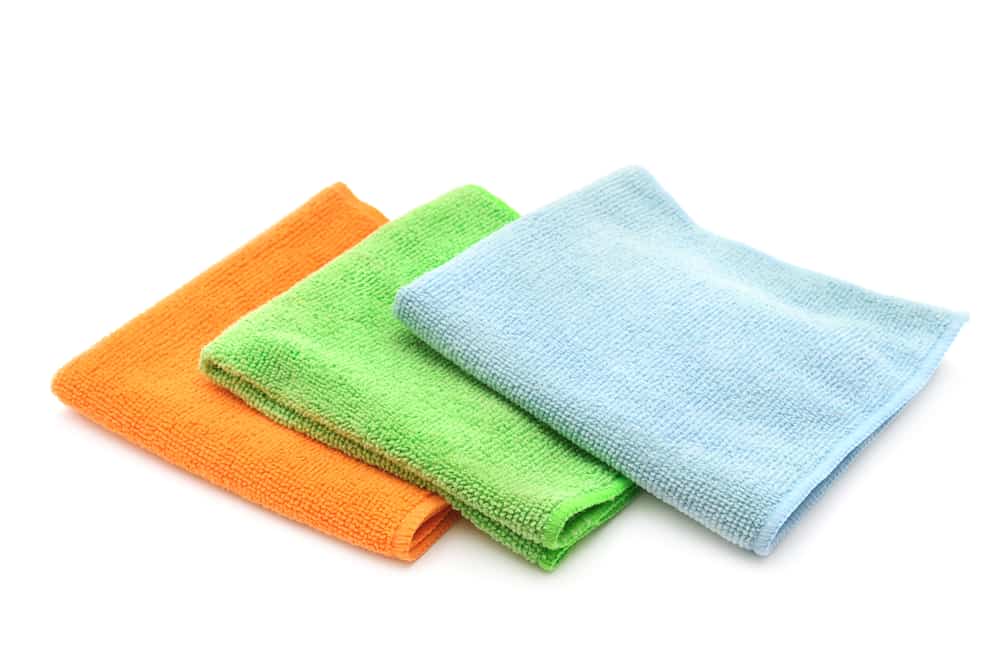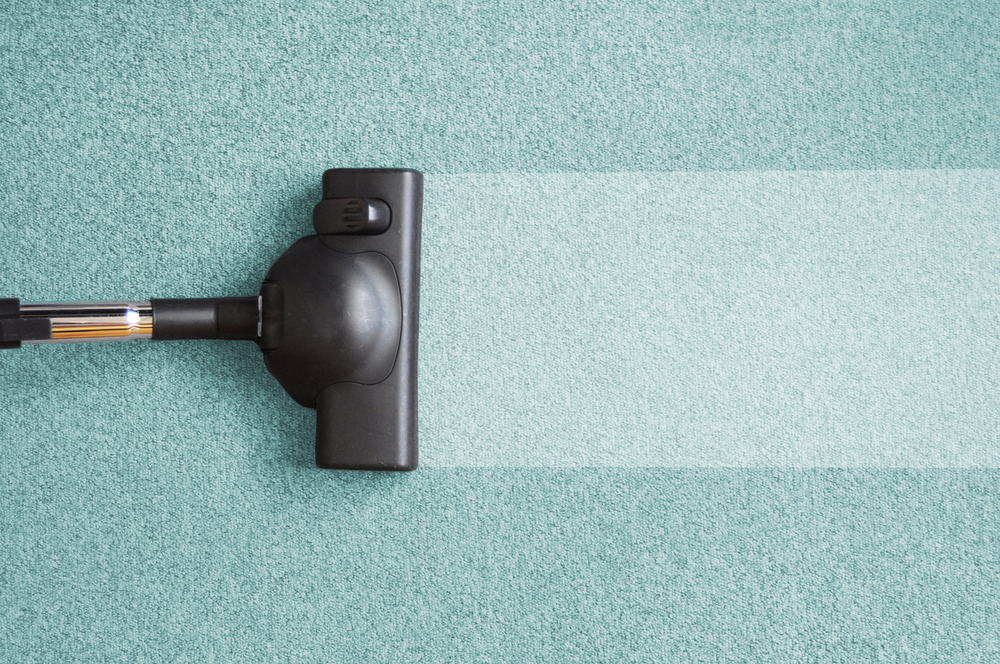The Zika Virus has been getting quite a significant amount of attention due to its recent rapid spread in several areas around the world, but how does the spread of this virus relate to janitorial services? To start off, it is important to know a little background about the virus. Zika is spread primarily through the bite of an infected Aedes species mosquito.
These mosquitoes are belligerent daytime biters, but can also bite at night. The most common symptoms are fever, rash, joint pain, and conjunctivitis. These symptoms are usually mild and some people may not even realize they have been infected. However, the most notorious risk associated with the Zika virus is that to pregnant women that can spread the virus to their fetus and cause severe birth defects such as microcephaly (an abnormally small head).
There is no vaccine to prevent Zika. In areas where Zika is present, everyone, including pregnant
women and women of childbearing age, should protect themselves from mosquito bites.
- Mosquito repellents containing DEET, picaridin, IR3535, and oil of lemon eucalyptus should
be applied to exposed skin and clothing. - Using insect repellent is safe and effective. Pregnant women and women who are
breastfeeding can and should choose an EPA-registered insect repellent and use it
according to the product label. - When weather permits, wear long-sleeved shirts and long pants.
- Use air conditioning or window/door screens to keep mosquitoes outside. If you are not
able to protect yourself from mosquitoes inside your home or hotel, sleep under a mosquito
bed net.
Janitorial services have always played a role in infection control. Because there is currently no cure or vaccine for the Zika virus, efforts to stop the spread of the virus focus mainly on standard preventive measures such as getting rid of stagnant waters. Environmental contamination does not appear to be a cause in the spreading of the Zika virus so the CDC has not made any recommendations on specific disinfectant products. Thus, it is simply recommended to use the standard disinfectants regularly used to prevent the spread of other infectious diseases and to practice good hand hygiene. As always, it is important to be prepared for anything even if the risk for a major outbreak in the US is quite low.
